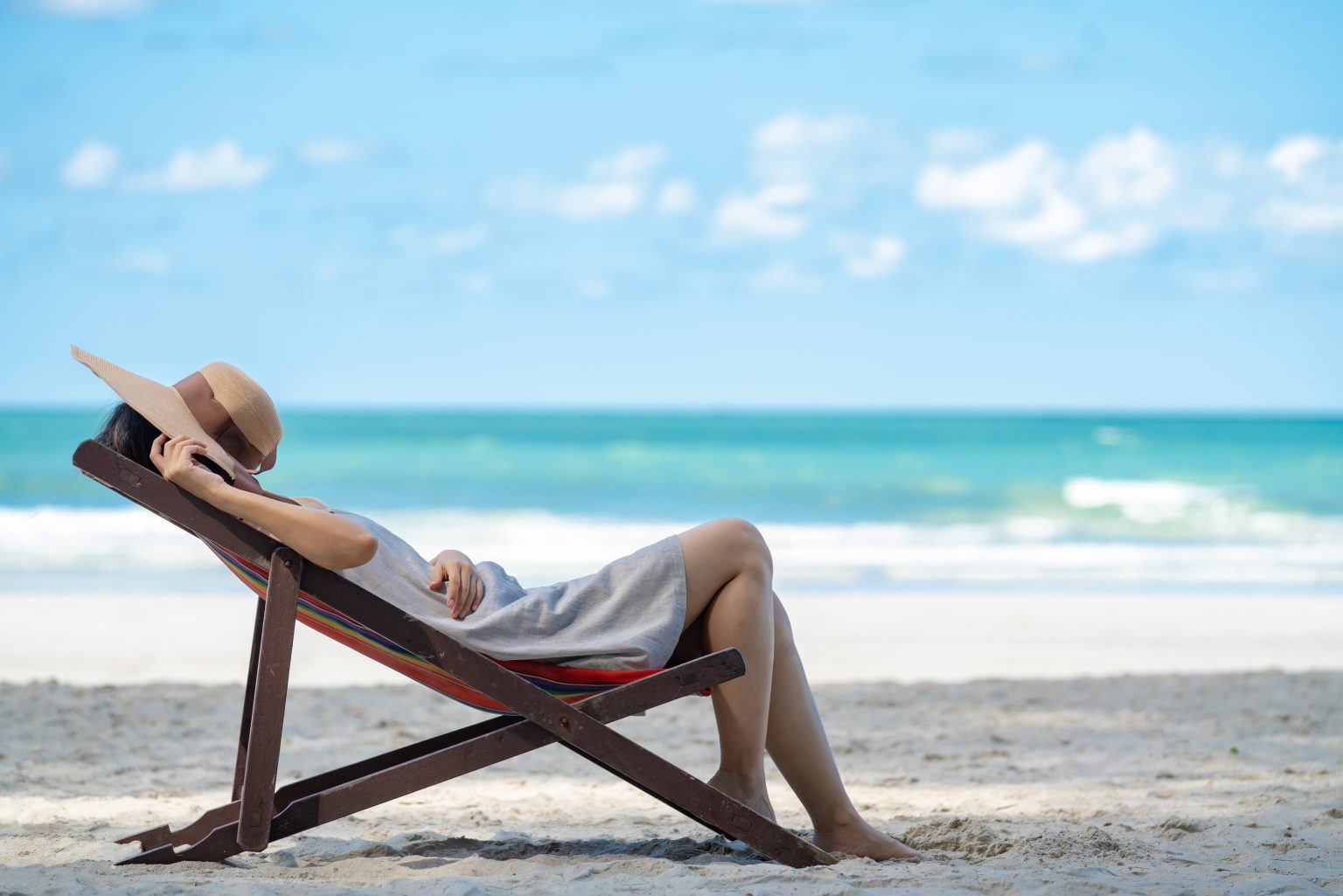Sleep tourism is making waves in the leisure travel industry, with projections suggesting a market value of $400 billion within the next four years. This burgeoning trend, driven by rising employee burnout and the growing awareness of the impact of sleep on mental health, is beginning to reshape how we approach business travel.
In an era where business travel often leads to exhaustion and stress, sleep tourism seeks to prioritise self-care and rest through advanced technology, artificial intelligence, and traditional wellness therapies. The concept revolves around enhancing sleep quality and integrating relaxation into the travel experience.
Major industry players are already acknowledging the significance of this trend. Hilton Hotels, for instance, has identified “rest and recharge” as the leading travel trend for 2024, reflecting a broader shift towards prioritising well-being in travel experiences. This growing recognition has led many hotels to introduce sleep-focused packages, while airlines are also adapting their services to cater to this demand.
One notable example is Air New Zealand, which will introduce bunk beds in its economy class cabins starting September. This initiative aims to provide passengers with a more comfortable and restful travel experience, addressing the common discomforts associated with long-haul flights.
The increasing focus on sleep comes in response to the detrimental effects of jet lag and inadequate rest, which are common among business travellers. As the importance of sleep for overall physical and mental health becomes more apparent, the potential benefits for business travellers—who often face demanding schedules packed with conferences and presentations—are significant.
Despite the additional cost associated with sleep tourism, many argue that investing in employee well-being is a worthwhile expenditure. Enhancing sleep quality can lead to improved productivity and long-term business value, making it a compelling consideration for companies looking to optimise their travel budgets.
Travel management companies are instrumental in integrating these wellness considerations into business travel policies. They are developing personalised travel programmes that combine business with leisure, known as “bleisure.” These bespoke policies can include dietary preferences, exercise routines, and local entertainment options, offering employees opportunities to unwind and reduce stress during their trips.
The integration of sleep tourism into these programmes could further enhance the travel experience, contributing to better overall well-being for employees. As the trend gains momentum, businesses may increasingly incorporate sleep-focused options into their travel policies, recognising the benefits of a well-rested workforce.
In conclusion, sleep tourism is emerging as a significant trend in the business travel sector, driven by the need to address the negative impacts of travel-related stress and fatigue. With major players in the industry adapting to this demand, it appears set to become a key component of future travel strategies, offering valuable enhancements to both leisure and business travel experiences.
By Laura Busby, Commercial Director, Good Travel Management



